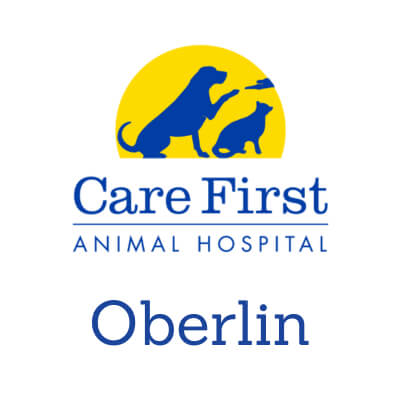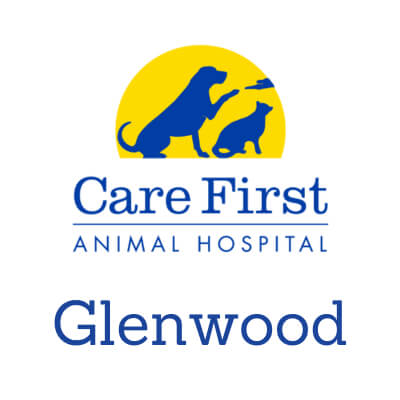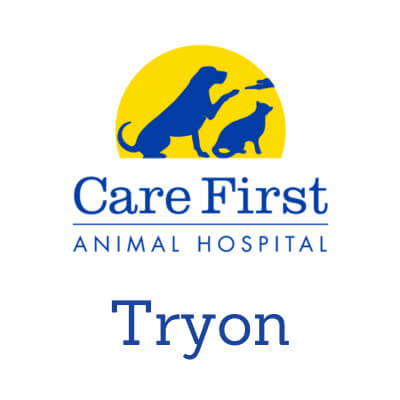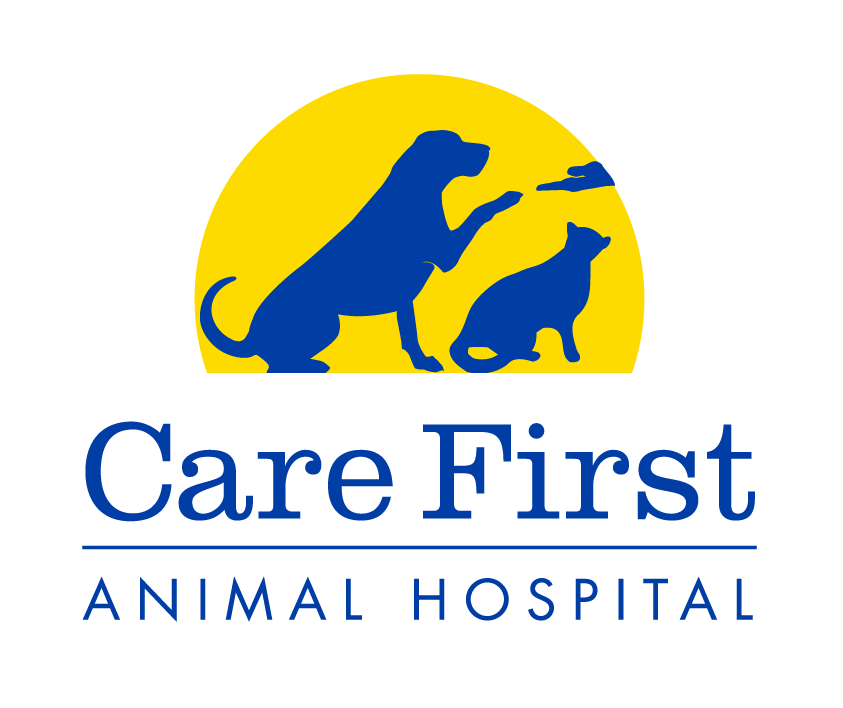What kind of food should I be feeding my dog?
It depends on the dog. There are a lot of different factors that go into pet nutrition, especially dog nutrition, in terms of what kind of breed they are, how active they are, and how old they are. So there's a lot of different factors that go into it. It's more than just one answer.
Dr. Page Wages
Care First Animal Hospital
What are the different life stages for feeding my dog?
There are different stages of life. Some pet foods say they are for all life stages, but a puppy and an old dog have different nutritional needs. For example, Brownie here is a puppy who actually has kidney disease. So, his nutritional needs are very different from a healthy puppy. A small breed puppy versus a large breed puppy would have different nutritional needs as well. We have puppies, small breed puppies, large breed puppies, medium-sized puppies, adults, and seniors. For adults, it's generally one to seven or eight, and then senior diets after the age of seven to nine. For larger breed dogs, we switch them to a senior food around five.
When should we be switching puppies to adult food?
For smaller breed dogs, generally around six or seven months, I would get them off the puppy food because it has higher fat and protein levels. The larger breeds, like the Danes, the Labs, you can wait until nine months to a year, a year and a half if it's a Dane.
Should we be feeding a dog on a schedule, or should we be free feeding?
Most dogs do better with a schedule. But it's very dog dependent. Some dogs prefer to free feed, some prefer a schedule. Some dogs, like mine with tummy issues, eat four times a day in smaller meals.
How do you know how much food you're supposed to be feeding your dog?
It depends on your activity level and the size of the dog. The bags of food will give you a general guideline for feeding. Usually, they recommend too much because a lot of the pet food companies want you to buy more food.
How do I know if I'm feeding my dog too much?
You want to be able to feel ribs, but not see them, and have a waist. If your dog is overweight or looks straight all the way through, then you're feeding a bit too much.
Can you touch on the different essential nutrients that our dogs need to eat?
That's a complicated question. Most pet foods are made up of proteins, fats, starches, and fiber. The nutritional needs for every dog are different. For instance, Brownie here with kidney disease needs lower protein levels and higher fiber. Dogs prone to diarrhea or pancreatitis need higher fiber foods. High protein foods can affect kidneys, so anything above 23% makes me nervous for long-term use.
How do I know if my dog is meeting all of its nutritional needs?
Having a good exam done every year is good. Blood work is always very helpful. We can look at minerals, kidney values, liver, and weight.
How do you know which food to feed your dog?
I prefer foods that have more research behind them, like Science Diet and Royal Canin. I would recommend companies that have been around for a long time and have lifetime studies on their foods.
How do you know if your dog needs a prescription diet?
If they have a chronic issue of some sort, your veterinarian will be able to recommend that for you. For instance, Brownie will be on a prescription diet probably his whole life due to his kidney disease. Dogs with chronic intestinal issues, irritable bowel, or food allergies will likely need a prescription.
If you have any other questions, please give us a call. You can also email us at any of our locations and we will get back to you as soon as we are able. Don't forget to follow us on social media: Facebook and Instagram



